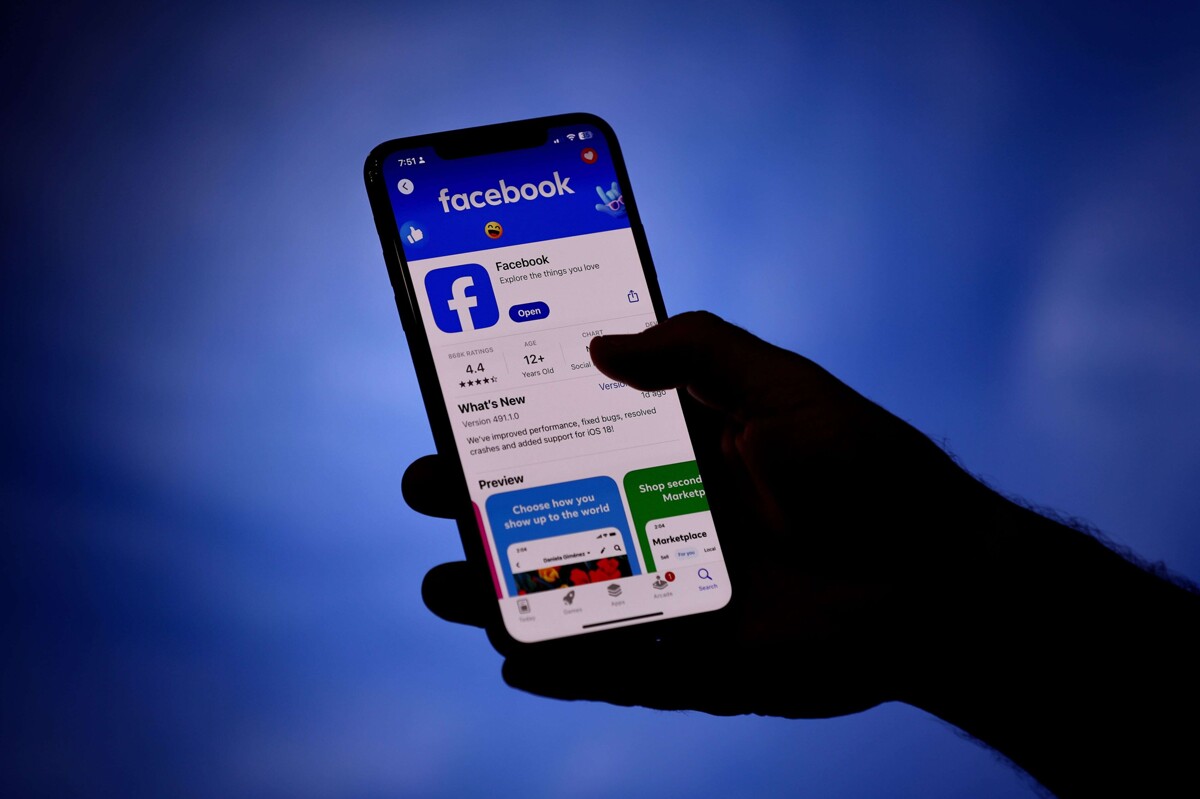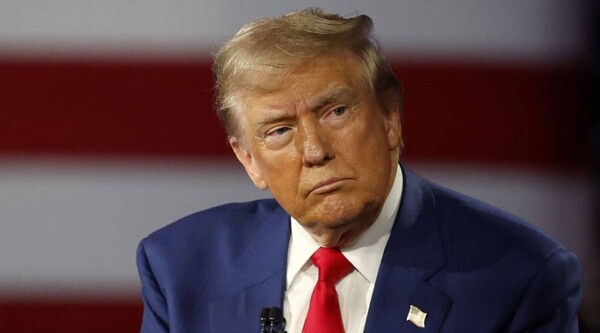
Regulatory and public scrutiny of Google has increased, focusing on its corporate culture and ethical practices. This has sparked debates about whether the company has neglected its core values in favor of expansion and profit. Criticism has also extended to other tech platforms, whose algorithms, as noted in recent research, may contribute to radicalization and the spread of misinformation.
YouTube, owned by Google, has been pointed out for promoting radicalization by directing users to extremist content. The situation was exacerbated by Trump's return to the platform. On the other hand, Twitter - now X - has faced criticism for amplifying hate speech. In the case of Facebook, the quiet removal of the motto "Don’t be evil" from its code of conduct in 2018 coincided with a series of controversies regarding the company's ethics, including the amplification of misinformation during electoral processes.
The book "Careless People," written by Sarah Wynn-Williams, former global public policy director at Meta, has unveiled controversies related to the company and its top executives, such as Mark Zuckerberg and Sheryl Sandberg. The work details Meta's involvement in situations such as the military project Maven and its efforts to re-enter the Chinese market with a censored search engine.
The accusations presented in the book could have significant repercussions for Meta, as they raise doubts about the company's integrity and practices. Despite legal actions taken by Meta to prevent the promotion of the book, it has gained public interest and has positioned itself among the bestsellers on platforms like Amazon. The book also highlights the potential influence of tech platforms on public opinion and democratic integrity, especially during political events like the 2016 and 2020 U.S. elections.














